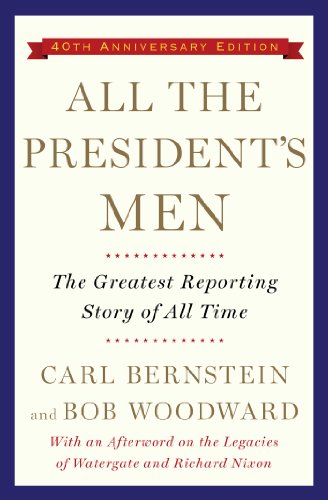This book is proof positive that a free press is paramount to our society. Wall Street Journal investigative reporter, John Carreyou, with the help of some very brave mid-level ex-employees, took down a company valued at $10 billion in a multi-article investigative expose.
And, this company, Theranos, and its leaders, Elizabeth Holmes and Sunny Balwani, deserve way worse than what they’ve gotten so far.
Carreyou reports on Holmes’ career starting off as an inventive kid growing into a nineteen-year-old Stanford dropout with big ideas and then into a multibillion dollar venture capitalist wizard. Holmes’ goal? To revolutionize some aspect of the medical field. Her idea? Blood collection technology that would do hundreds of tests on a mere pinprick of blood. The problem was the technology didn’t (and still doesn’t) exist. And what limited technology she did cobble together didn’t work.
Read more


